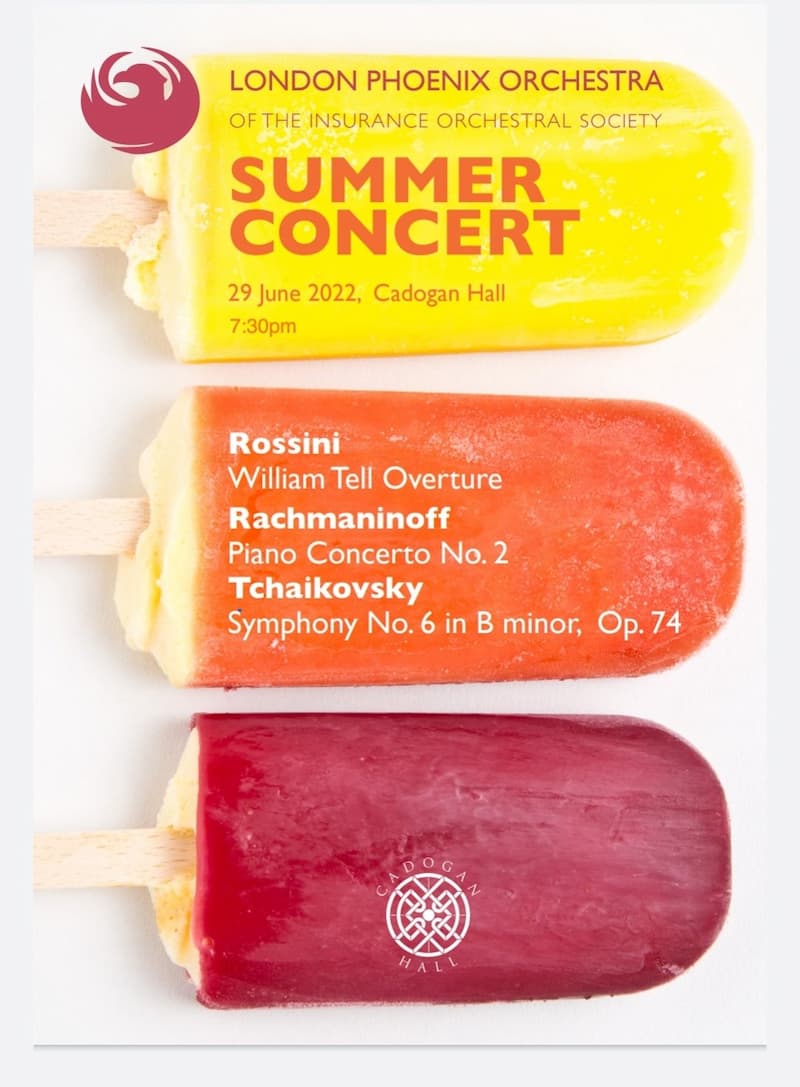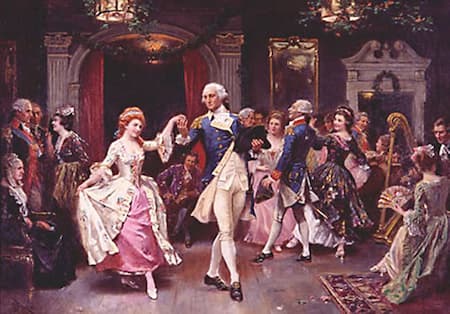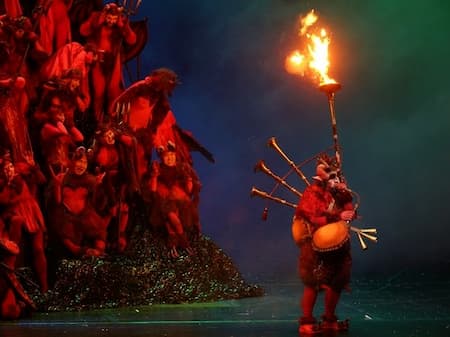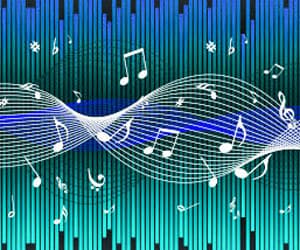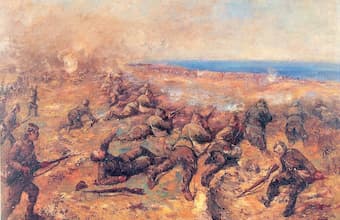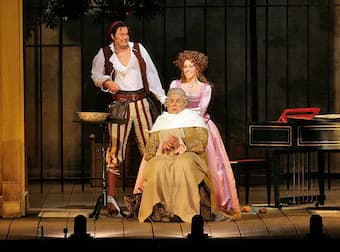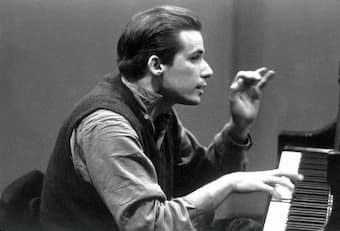The world of opera is a world of fantasy – people fall in love just by hearing the other person, all rumours are instantly believed, and miscommunication rules. Three French operas stand out because of their use of exotic locations
Blogs
Scrolling through Twitter recently, this concert poster immediately jumped out at me: It’s striking, isn’t it? Not just the bright colours and simple design, but the choice of image which instantly says “summer” – appropriately, for a summer concert. It’s
Popular for just over a century, the Bourrée or Bourée started as a folk dance in the mid–17th century but upon its adoption by the Academie of Dance at the French court (the Academie was established by Louis XIV in
Magic flutes, bells, bagpipes, and ocarina from operas and video games! More powerful than any simple musical instrument, magical musical instruments can change the world around them. Where do we find them? In the opera Die Zauberflöte, both the hero,
When I first started taking music lessons in college, I thought that music theory was one of the most boring subjects in the world. My professors dutifully explained that music theory “is how musicians explain and describe the phenomena heard
Music on Wars and World Crises There is a lot of music that takes place during war, such as the marching songs that help you get your troops in place, the campfire songs to encourage comradery off the battlefield, and
Doctors in the 19th century in opera began to reflect the change in the field – now fewer are allied with the black arts and there are more specialties. Doctors can be heroes in the opera, they can be the
Why is it that some pianists have become so closely associated with specific composers? Is it due to personal preference, that they feel a particular affinity with certain composers, or simply like their music? Or is the association one which


